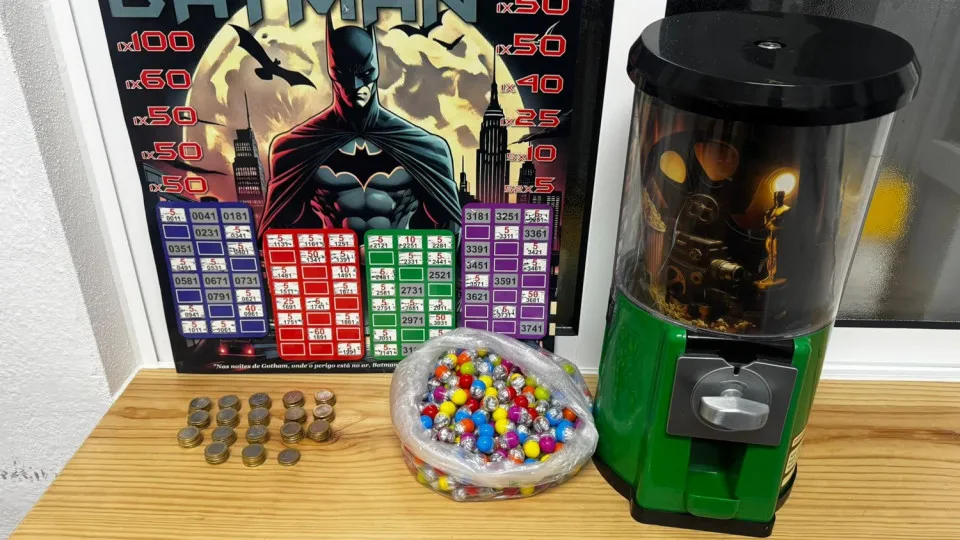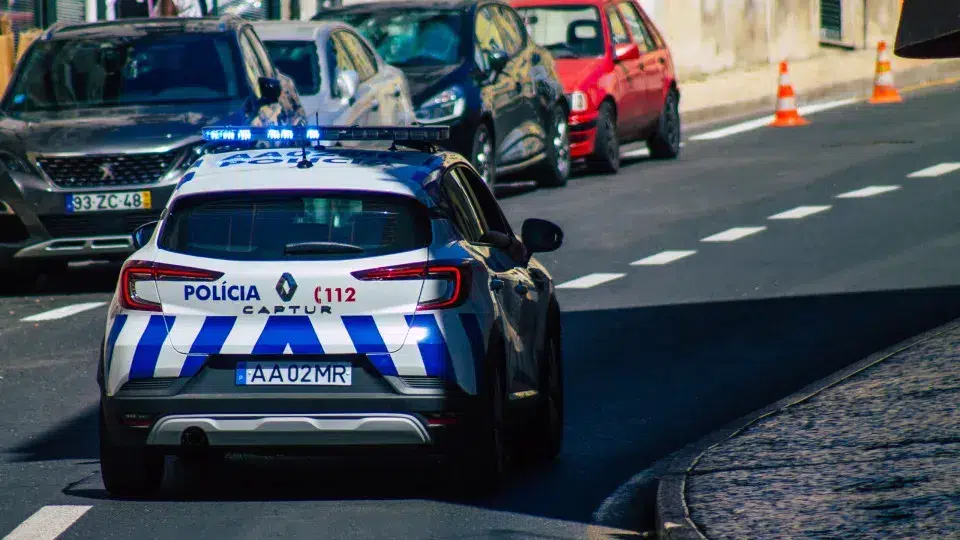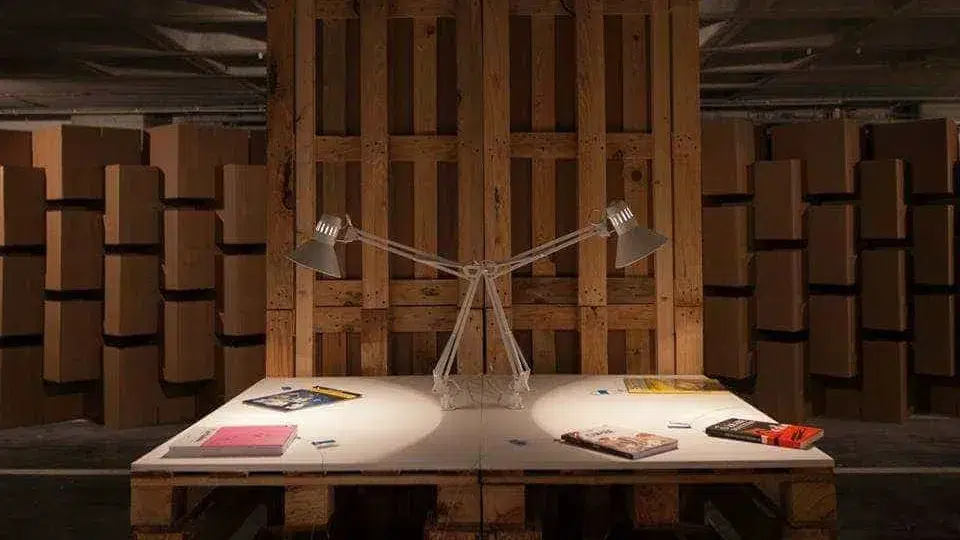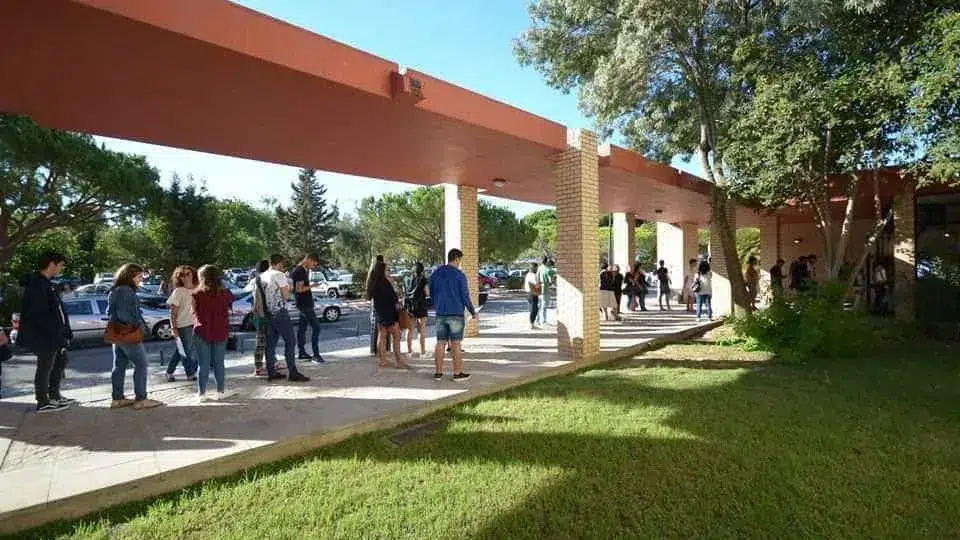
Portugal, for the first time since the College of Cardinals was established, will have four cardinal electors in the conclave tasked with choosing the successor to Pope Francis.
In addition to the four Portuguese cardinal electors—António Marto, Américo Aguiar, Manuel Clemente, and Tolentino de Mendonça—there are nine other Portuguese-speaking cardinals: seven Brazilians, one from Cape Verde, and one from East Timor.
Below is a brief profile of each of the Portuguese-speaking figures:
António Marto
The oldest of the four Portuguese cardinal electors, António Augusto dos Santos Marto, served as the bishop of Viseu and Leiria-Fátima, where he presided over the centenary celebrations of the Marian apparitions at Cova da Iria.
Born in 1947 in Vila Real, Marto was ordained as a priest in Rome in 1971, continuing his studies there and earning a doctorate in 1977 with a thesis titled “Christian Hope and the Future of Man. Doctrine of the Second Vatican Council.”
Strongly associated with Catholic student and worker movements, he worked in factories before the Carnation Revolution on April 25, 1974, maintaining a significant connection with Portuguese emigrants.
After working as a professor at the Catholic University of Portugal and serving as a parish priest in various locations in the Diocese of Porto, he was named auxiliary bishop of Braga in 2000.
Four years later, he became the diocesan leader of Viseu and was one of the two Portuguese bishops present at the Synod of Bishops the following year.
In 2006, Marto succeeded Serafim Ferreira e Silva as bishop of Leiria-Fátima, a role that brought him great visibility, hosting the visits of two popes, Benedict XVI in 2010 and Francis in 2017.
In his pastoral work from Fátima, he emphasized themes such as the environment and peace, seeking to update the Marian message of 1917.
After the centenary celebrations of the apparitions in 2018, Pope Francis elevated him to cardinal. He left the diocese in 2022 upon reaching the age limit.
Américo Aguiar
Américo Aguiar, the youngest Portuguese cardinal at just 51 years old, was elevated by Pope Francis two years ago, shortly after presiding over the World Youth Day (WYD).
Born in Leça, Matosinhos, Aguiar was ordained as a priest at 27 and became a bishop at 47 as an auxiliary of the Patriarchate of Lisbon.
As an auxiliary bishop, he served as the president of the WYD Lisbon 2023 Foundation, the entity that organized the grand meeting of young Catholics in Lisbon from August 1 to 6, 2023.
Weeks before this event, the Pope announced that Aguiar would be elevated to cardinal, and he was appointed head of the Diocese of Setúbal in September 2023.
Prior to these roles, he was an administrator with the Renascença group, director of the National Secretariat for Social Communications, national chaplain of the Portuguese Firefighters League, and coordinator of the Patriarchate of Lisbon’s Diocesan Commission for the Protection of Minors and Vulnerable Persons.
In the Diocese of Porto, where he spent most of his priestly life, he served as parish priest in Campanhã and the Sé, and was also the vicar general and chief of staff for bishops Armindo Lopes Coelho, Manuel Clemente, and António Francisco dos Santos.
A recipient of the Dragão de Ouro award, the Porto-based cardinal co-presided over the funeral ceremonies of former FC Porto president Jorge Nuno Pinto da Costa and was a member of the parish assembly of Leça do Balio and the municipal assembly of Matosinhos, during the leadership of Narciso Miranda in the local government.
Manuel Clemente
Cardinal Manuel Clemente was one of Pope Francis’ early appointments, transferred from the Diocese of Porto to the Patriarchate of Lisbon a few weeks after the Pope’s election, succeeding the then-seriously ill José da Cruz Policarpo.
Born in 1948 in Torres Vedras, he was the eldest among the four cardinals to become a priest at 31, after earning a degree in History and a doctorate in Historical Theology.
He held roles in parishes in the Oeste region, eventually serving at the Olivais Seminary, where he became rector before being appointed auxiliary bishop.
His career is heavily linked to the scouting movement, participating in national retreats and camps until recent years.
Clemente’s work on Catholic social movements in Portugal and coordination of various historical research projects, like “Church and Portuguese Society, from Liberalism to the Republic,” earned him the Pessoa Prize while leading the Diocese of Porto after spending several years as an auxiliary in Lisbon.
As the bishop of Porto, he welcomed Pope Benedict XVI during his Apostolic Visit to Portugal in 2010, focusing his efforts on the pastoral revival of the Diocese.
He has been a cardinal for ten years, a title traditionally associated since the 18th century with leading the Patriarchate of Lisbon, a position he left in 2023 when succeeded by Rui Valério.
His term concluded with the World Youth Day in Lisbon, hosting Pope Francis in one of the largest demonstrations of Catholic faith in Portugal in recent years.
Tolentino de Mendonça
José Tolentino de Mendonça from Madeira is the current prefect of the Dicastery for Culture and Education. A poet, awarded the Pessoa Prize in 2023, essayist, playwright, academic, and theologian, he was elevated to cardinal in 2019.
Born in 1965 in Machico, Madeira, he lived in Angola until he was nine and was ordained a priest in 1990 by the Diocese of Funchal. He completed his master’s in Biblical Sciences in 1992 and obtained a doctorate in 2004 in Biblical Theology by the Catholic University of Portugal, where he taught after moving to Lisbon.
In 2010, he was named rector of the Rato Chapel, a prestigious location within the Patriarchate of Lisbon. He combined this role with his career as a university professor—serving as vice-rector of the Catholic University of Portugal—and as an author with a substantial published oeuvre.
In 2011, he moved to Rome at the invitation of Pope Benedict XVI, who appointed him consultant of the Pontifical Council for Culture. In 2018, he was elevated to bishop by Pope Francis and became a cardinal the following year.
In 2020, the cardinal received the European Helena Vaz da Silva Award and organized the 50th anniversary of the inauguration of the Vatican Museums’ Collection of Modern Art.
Two years later, following the reform of the Roman Curia, he assumed the role of prefect of the newly created Dicastery for Culture and Education, born from merging the Congregation for Catholic Education and the Pontifical Council for Culture.
Brazilian Cardinal Electors
The current president of the Latin American Episcopal Council, Franciscan Jaime Spengler, aged 64, elevated to cardinal by Pope Francis, is the archbishop of Porto Alegre and is considered a progressive leader within the National Conference of Bishops of Brazil.
João Braz de Aviz, elevated to cardinal by Pope Benedict XVI, is 77 years old and was archbishop of Brasília. He served as prefect of the Dicastery for Institutes of Consecrated Life and Societies of Apostolic Life in the Vatican, known as a progressive prelate and a defender of liberation theology, a doctrine condemned by the Vatican in the 1980s and 1990s.
The Franciscan Leonardo Ulrich Steiner, elevated to cardinal three years ago, is the archbishop of Manaus and has qualifications in philosophy and pedagogy, holding further roles within the mission structures working with Amazonian indigenous peoples.
Odilo Pedro Scherer, 75, was once considered a strong candidate from Latin America to succeed Pope Benedict XVI in 2013. He currently leads the archdiocese of São Paulo, though his resignation has not yet been accepted by Pope Francis.
Orani Tempesta is the only Cistercian cardinal in the conclave. He is the current archbishop of Rio de Janeiro, having held a similar role in Belém, Pará. He became a cardinal in 2014 and hosted Pope Francis during the 2013 World Youth Day.
Elevated to cardinal by Pope Francis, Paulo Cezar Costa, aged 57, is the current archbishop of Brasília, succeeding the also purpurated Sérgio da Rocha, and previously held the title in São Carlos, São Paulo.
At 65, Sérgio da Rocha is the only Portuguese-speaking member of the Council of Cardinals – an advisory body to Pope Francis on the Roman Curia’s reform project. He leads the diocese of São Salvador da Bahia, a role that elevates him to the status of Primate of Brazil.
Cape Verdean Cardinal Elector
The first cardinal of Cape Verde, Arlindo Gomes Furtado, who is 75, is the current bishop of Santiago, the first African diocese post-Age of Discoveries. Previously the bishop of Mindelo, he moved to the capital in 2009 and became a cardinal six years later.
East Timor Cardinal Elector
At 57, Virgílio do Carmo is the first cardinal from East Timor and is the current archbishop of Dili. He was the provincial superior of the Salesians in East Timor and Indonesia and hosted an apostolic visit by Pope Francis in September 2024.
Read more:




